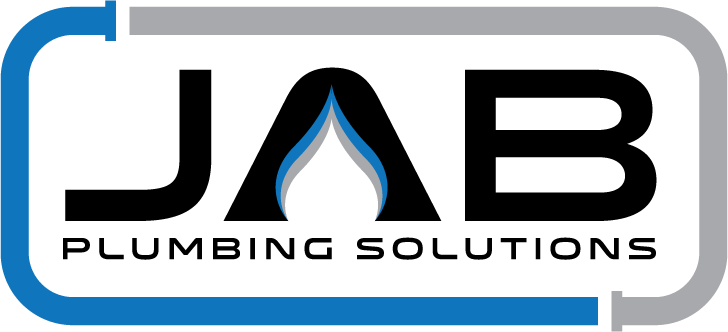Are tampons flushable?
The question “Can you flush tampons down the toilet?” continues to be hotly debated. Despite the efforts of water companies and signs in public toilets urging women to place tampons and other sanitary items in the bin, many women continue to regard flushing as a normal and hygienic method of disposal. This practice is having a catastrophic impact on our plumbing systems and the environment.
According to a recent article by the ABC, approximately 300 million tampons are sold in Australia every year, with the average Australian woman using around 10,000-12,000 disposable menstrual products in her lifetime.
A Cosmopolitan article suggests that every woman chucks out around 22 disposable sanitary items each cycle, making up one wheelie-bin worth of period products each and every year.
While it’s hard to find exact statistics on how many Australian women are flushing tampons, there are plenty of online articles suggesting that plenty of women are surprised when they find out tampons are not flushable and should be placed in the bin.
"My mind is absolutely blown that I've been doing this wrong for nearly three decades," Senior News Editor Maria Guido wrote in her recent Scary Mommy article.
When she asked her female co-workers, Guido quickly learned that she wasn’t alone. One colleague responded that she had been “flushing tampons her entire life”. Another said “So we are supposed to be throwing them in the garbage? That seems so wrong. I’m not doing it.”
It’s not just Australian women who are flushing tampons down the toilet. According to The Guardian, nearly half of UK women flush tampons. Research from UK water company Anglian Water showed that 1.5 billion to 2 billion sanitary items are flushed down Britain’s toilets every year.
What happens if you flush tampons down the toilet?
Tampons are not flushable. This is because tampons are designed to expand and absorb liquid. Unlike toilet paper, they don’t break down and disintegrate in water. When tampons are flushed, they can get snagged in the pipes or caught on other debris in the sewer line such as tree roots. They accumulate over time, resulting in drain blockages and blocked drain repairs. If your main sewerage becomes blocked, it can result in raw sewage backing up through multiple drain openings into your home.
Those tampons that make it through the sewer system are filtered out at the expense of water companies. They eventually get dumped in land-fill, which is exactly where they would have ended up if they were placed in a bin to begin with.
"Sydney Water has to remove hundreds of tonnes of non-degradable products from our network every year and it costs us and other utilities millions of dollars to remove these products," Peter Hadfield, from Sydney Water told the ABC.
Sanitary products aren’t always effectively filtered out by the waste treatment plants and can end up in rivers and coastal waters. The Marine Conservation Society says that debris from sewers is responsible for six per cent of Britain’s beach litter.
Tampons take many years to break down in the ocean. And when they do, they form tiny-microplastics that are almost undetectable, except by the mico-organisms who inadvertently feed on them.
We aren’t pointing the finger at flushers. Cultural taboo prevents many women from talking openly about menstrual products and the correct way to dispose of them. Women remain profoundly uncomfortable when it comes to discussing periods, so it’s not surprising that many are unaware about the negative consequences of flushing.
Neil Dhot, head of corporate affairs at water utility company at Water UK told The Guardian, “we don’t in any way want to sound preachy to women about what they should and shouldn’t do ... but we just want people to be aware that our actions in the spur of the moment can unfortunately have unintended consequences.”
There are more eco-friendly menstrual products on the market, such as silicone cups and specially designed underwear. But it will probably be a long time before these products hit the mainstream
In the meantime, there is a simple solution - keep a bin next to the toilet and make sure tampons are disposed of in the bin.
Have you been flushing tampons down the toilet?
If you’ve been flushing tampons down the toilet and accidentally caused a blocked toilet in your home, call JAB Plumbing Solutions. We deal with toilets clogged by tampons on a daily basis. We can sort the problem out for you quickly using our jet blasters. Jet blasting works by blasting water down the sewer pipes, flushing them free of tampons, wet-wipes, makeup wipes and any other debris that could be clogging up the toilet. For more information about our blocked toilet repairs, call our friendly local plumber today on 1800 225 552.
RELATED ARTICLES:







